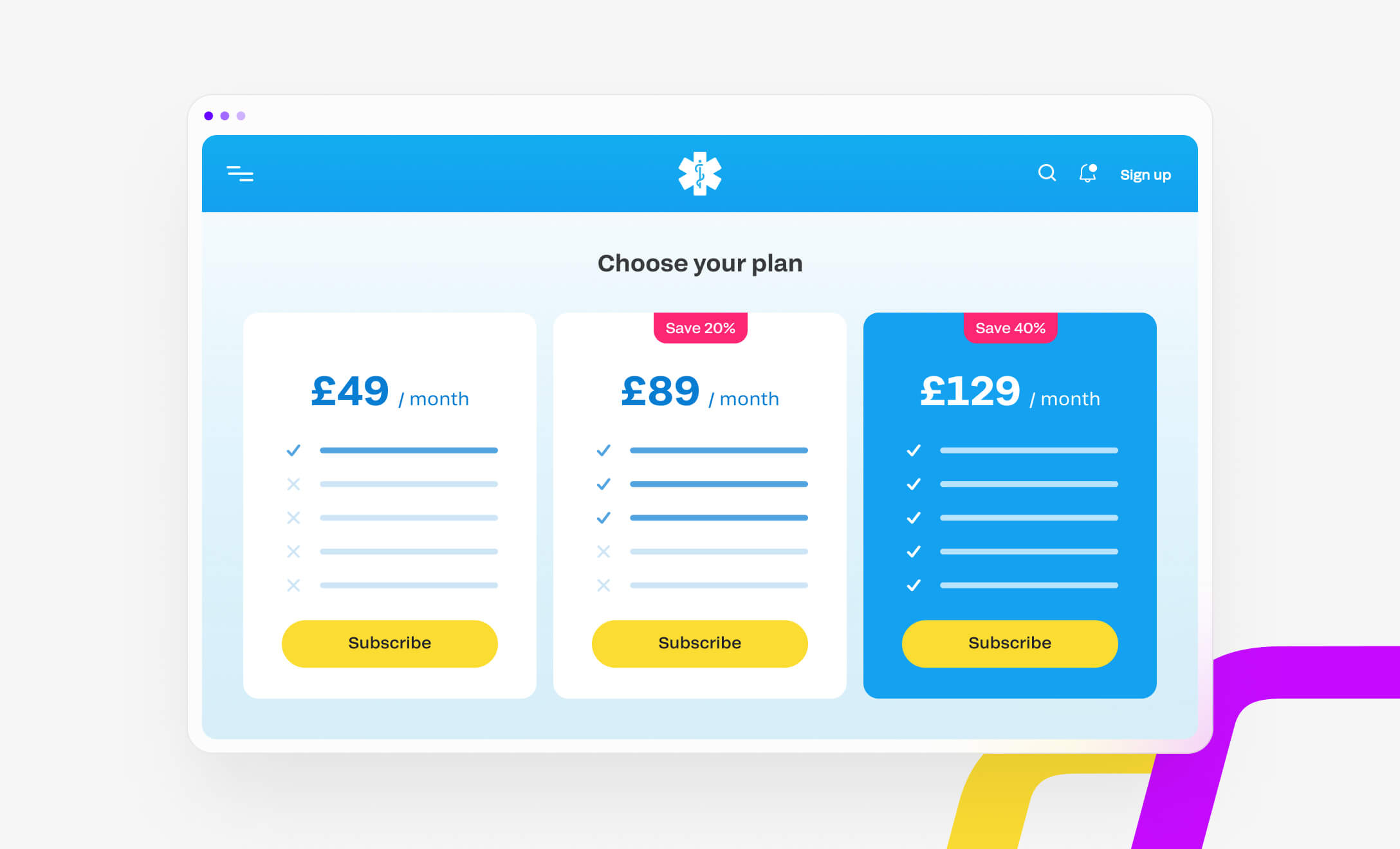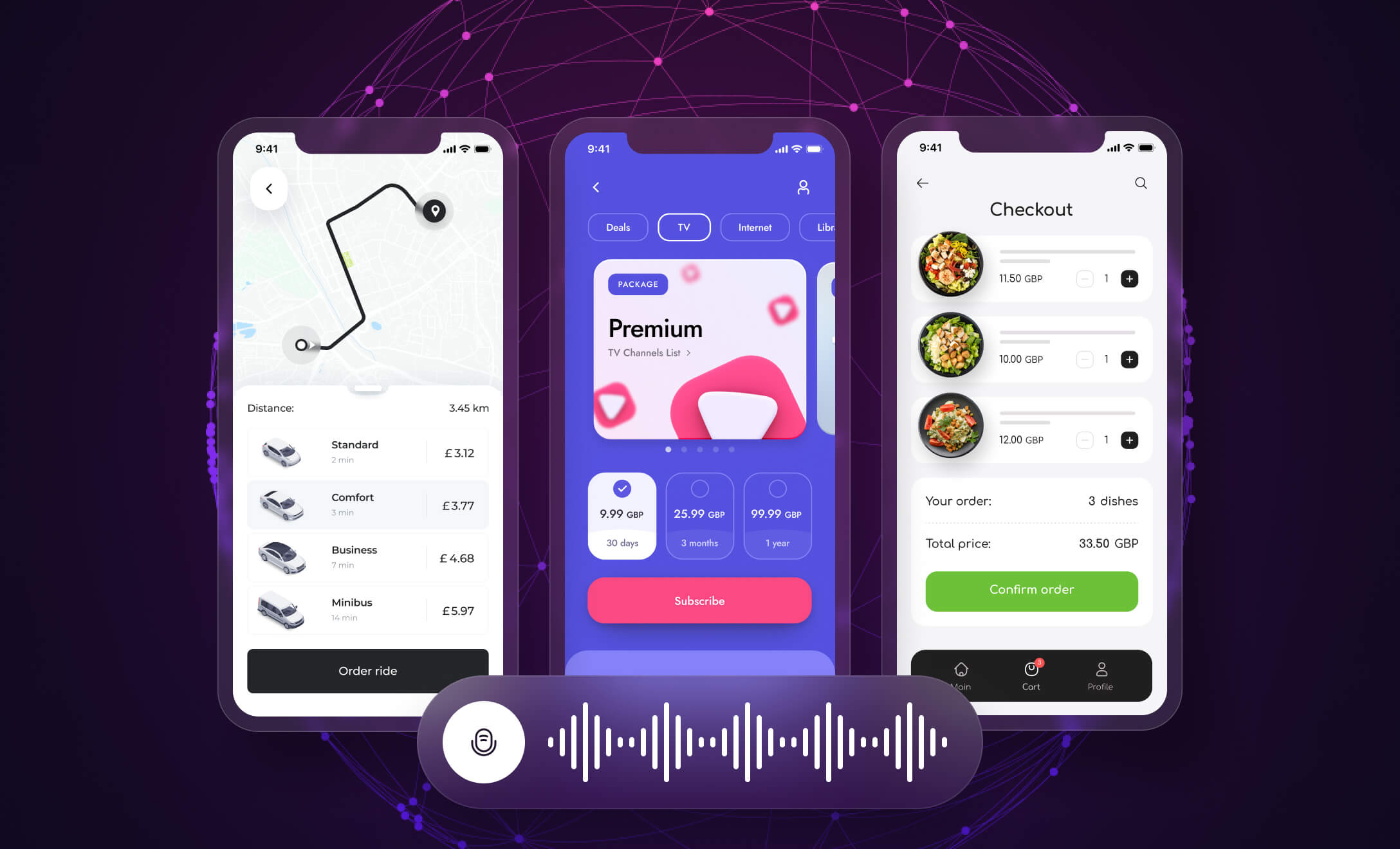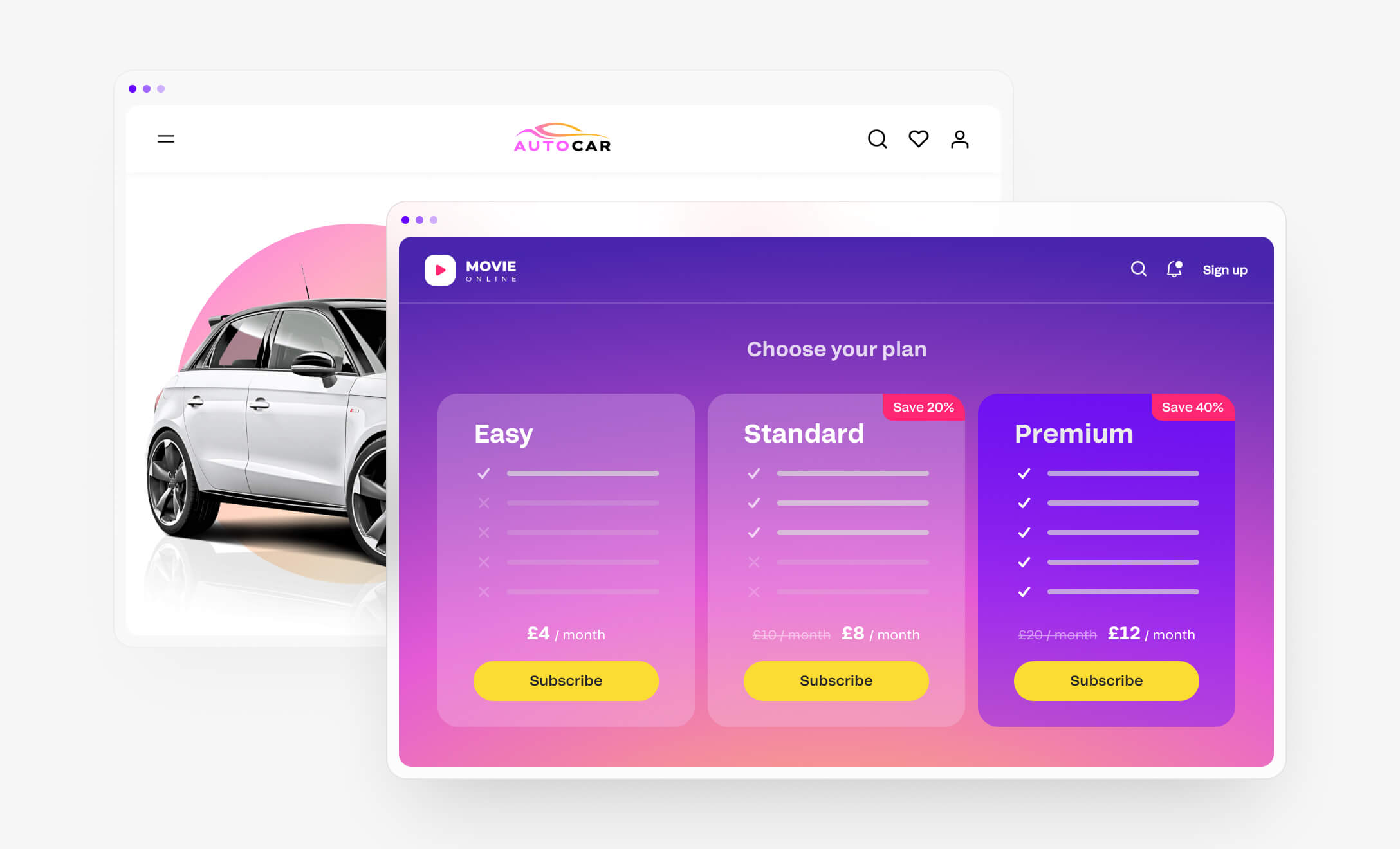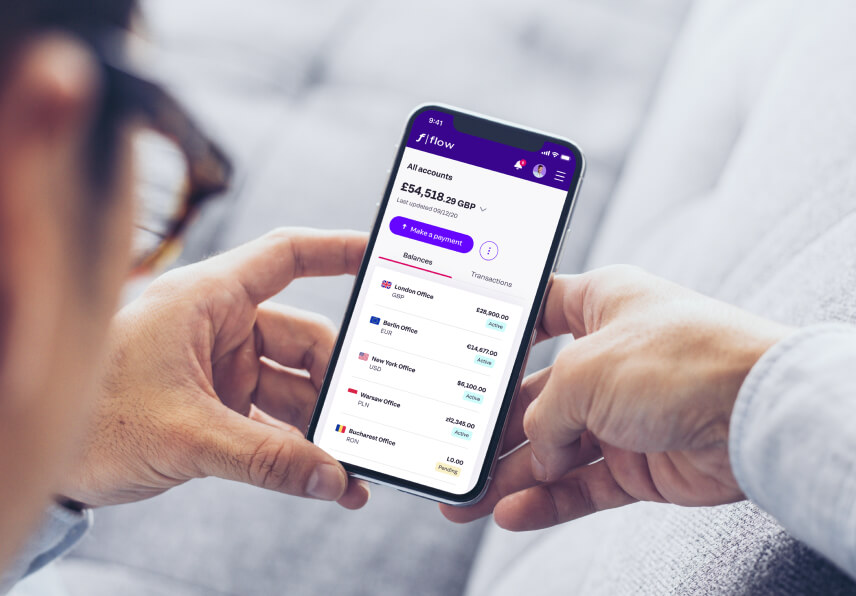Exploring how students can leverage gig work to earn income while pursuing their education

The number of hours students should work every week depends on their course requirements, personal circumstances, and university policies. However, according to the University of Brighton, a sensible guideline for all full-time students is between 12–15 hours per week. Remember that studying needs to take priority. This allows students to balance studying, working, health and well-being, and social life and avoid negative grades. Some universities may have different recommendations or restrictions on student work hours, so checking with them before taking a job is advisable.
Gig work opportunities such as making deliveries, performing household tasks, driving for rideshare services, courier work, or completing errands for others are great ways for students to reliable paid work while they study.
Gig work benefits students in several ways, including being compatible with a busy schedule and providing many options for employability by allowing flexibility for working whenever the student requires. That way, students aren’t tied down to long-term work schedules or rotas and can approach gig work with a fresh perspective.
Task-based freelancers like this contribute approximately £20 billion to the British economy each year. For context, that’s the same amount that the aerospace industry contributes to the economy in Great Britain. In terms of the types of gig economy work, in the UK, the rough breakdown of jobs includes:
- Providing courier services – 42% (AnyVan, AmazonFlex, etc.)
- Performing jobs found on websites or apps – 37% (TaskRabbit, Fiverr, etc.)
- Provision of transport services – 28% (Uber, Addison Lee, etc.)
- Food delivery services – 21% (Deliveroo, Just Eat, etc.)
According to joint research by the University of Hertfordshire, European think tank FEPS, UNI Europa, and the Trades Union Congress (TUC), nearly half (around 48%) of all gig workers in the UK are in full-time employment, over 12% work part-time, almost 10% are self-employed and just over 11% are students.
The gig economy can also be beneficial for students in the following ways:
- Helping students explore different career options while attending school
- Allowing students to make the most out of their spare time
- Assisting students in preparing for project-based work after they graduate
- Task-based jobs present the opportunity to gain industry experience before leaving university
- Gig economy tasks help nurture entrepreneurial skills and mindsets
Top companies for gig economy work for students
In research by YouGov, 18% of students in the gig economy work said they had found work through Uber. The freelance platform PeoplePerHour and the delivery service Deliveroo were both mentioned by 12% of students.
Other freelancing platforms such as Fiverr (10%), Upwork (9%), TaskRabbit (8%), and AmazonFlex (8%) were mentioned too. Courier service CitySprint was selected by 6% of respondents, while transportation apps MyTaxi and AnyVan were also selected by 6%.
42% said they had not used any listed platforms, suggesting that a wide range of platforms beyond those most widely known are used. That brings to question which other ways and avenues there are of finding gig work.
Alternative industries for gig work for students
While talking about gig work, names such as Uber, Just Eat, and Deliveroo will invariably pop up. Finding decent-paying gig jobs, you can balance with your lecture, and social life might be challenging. However, through a combination of traditional jobs and online work, the gig economy pool has widened for students.
Short-term rentals host
If you’re lucky enough to have a spare room at home, you can boost your earnings by using Airbnb or Vrbo’s services. The beauty is that you don’t have to do much except provide a habitable living space in a desirable location while listing your property, setting availability, and managing bookings. If there are any tasks to perform, they mainly involve cleaning, restocking supplies, managing general inquiries, and being available to check in and check out your guests. By curating a welcoming and comfortable atmosphere, you can garner positive reviews, boosting your reputation and bookings.
Online seller or vendor
The advantage of platforms like eBay is that you can use unwanted items in your student accommodation, such as vintage clothes and computer equipment, to start your business. In addition, you can sell on eBay from the comfort of your home or on the go. Whereas platforms like Etsy are great for creative students like t-shirt designers and greeting card makers who can use the platform to make extra money whilst advertising their talent.
Online tutoring
Becoming an online tutor in the EdTech industry is a fantastic way to make money while pursuing higher education. If you’re a specialist in a subject such as a foreign language, you can help students progress their learning on online tutoring platforms. This involves creating study materials, designing useful coursework, and assisting with schoolwork. Websites such as Upwork provide many opportunities to find tutoring gigs.
Pet services
Providing pet services via platforms like Rover or Wag offers a great way to earn income while studying. Whether it’s pet sitting, dog walking, or offering care services, these platforms connect you with pet owners in need of someone to look after their beloved pets. You can even extend your offerings to include pet training services. For dog walking, the average wage is around £15-20 per hour, but it can increase based on factors such as the number of dogs you handle or if you combine pet-sitting with house-sitting.
Social media management / influencing
Getting into social media management offers a dynamic way to earn money by boosting different companies’ online presence. This role involves curating engaging images, videos, and written posts to promote projects and campaigns across various platforms. Depending on your niche, you could even earn money or endorsements as an influencer for fashion, music, cinema, or even travel blogging.
Transcription
Transcription usually means converting audio or video recordings into written text for radio stations, learning apps, or even streaming platforms. Again, where possible, transcription work can be performed at home, but some companies may require you to work from their premises. Transcription requires strong attention to detail, a good grasp of language, and consistent formatting skills.
Freelance jobs
Platforms like Upwork and Fiverr are great for finding freelance roles for professionals, but you don’t need to be a “professional” to use them. For example, if you’re studying graphic design at university, it doesn’t mean you can’t look for freelance graphic design jobs. As well as providing a nice revenue stream, finding freelance work while studying is a great look for your CV and future job prospects. Some of the most popular freelance jobs are in web development, marketing, and translation, and the best part is that you can set your own rates. But depending on which skill you’re offering, the hours and wage structure will vary.
Virtual assistant
One of the main benefits of being a virtual assistant is that it involves working from anywhere, including from home. It tends to involve helping businesses with various administrative tasks such as organising calendars, managing email, performing data entry, and conducting research.
Online surveys
Completing online surveys and questionnaires isn’t that lucrative, but it’s one of the easiest ways to earn some spare cash from the comfort of your home. All you need to do is find enough survey websites and platforms to sign up to make it worthwhile financially. It’s also worth noting that some survey platforms pay in gift vouchers instead of cash, so it might be worth hunting for surveys in a particular niche, such as retail, hospitality, or entertainment, to make the most of the rewards.
Top tips for making money in the gig economy
By capitalising on key strategies, you can increase your income potential and make the most of your time. Here are some top tips to succeed in the gig economy landscape and optimise your earnings:
- Offer multiple services to reach a wider array of clients, increasing your chances of finding gigs and boosting your earnings.
- Work during peak or high-demand hours to seize the opportunity when clients are most active to potentially increase your earnings.
- Efficiently manage your time to set realistic goals, take on more gigs, and maximise your income potential.
- Network by boosting your online presence on sites such as LinkedIn to connect with potential clients, and actively market yourself to gain more opportunities
The future of the UK gig economy
The gig economy is here to stay, and the current workforce needs to adapt to it or risk being left behind. One study found that nearly one in five human resources teams and heads of departments think gig workers will make up three-quarters of their workforce over the next five years.
Some experts predict that more companies will follow Uber and start offering their gig workers permanent contracts, or at least some sort of benefits, like sick pay and holidays. The courier company Hermes, for example, agreed to offer drivers guaranteed minimum wages and holiday pay following a case brought by the unions.
The best way to pay and get paid for gig economy work
Whether you’re a student or you manage a platform, you need a solution like Fondy.
For platforms and marketplaces, benefit from seamless onboarding to multiсurrency payouts, and from split payments to simplified money management with the help of up to 3 virtual Wallets, i.e. sub-accounts.
While, for students, gig workers, freelancers, and sellers, Fondy grants them easy access to IBAN accounts (business accounts) where you can enjoy instant settlements that remove the issue of payment delays.
For instance, for platforms that involve payments to several partners, such as Uber or Deliveroo, features such as automated instant settlements and split payments can save you time and money by eliminating manual reconciliations and reducing acquisition costs.
That way, you can credit service providers, including students, instantly and cost-effectively without third-party services or payment aggregators. Additionally, the freelance nature of gig economy work coupled with versatile payment features has led to companies like TaskRabbit and Uber being known as “digital disruptors”. That’s because they’re actively disrupting (positively, that is) the way global labour markets and the economy operate.



